Study uncovers stability hurdles in a promising lead-free solar cell material, signaling potential for a cleaner energy future.
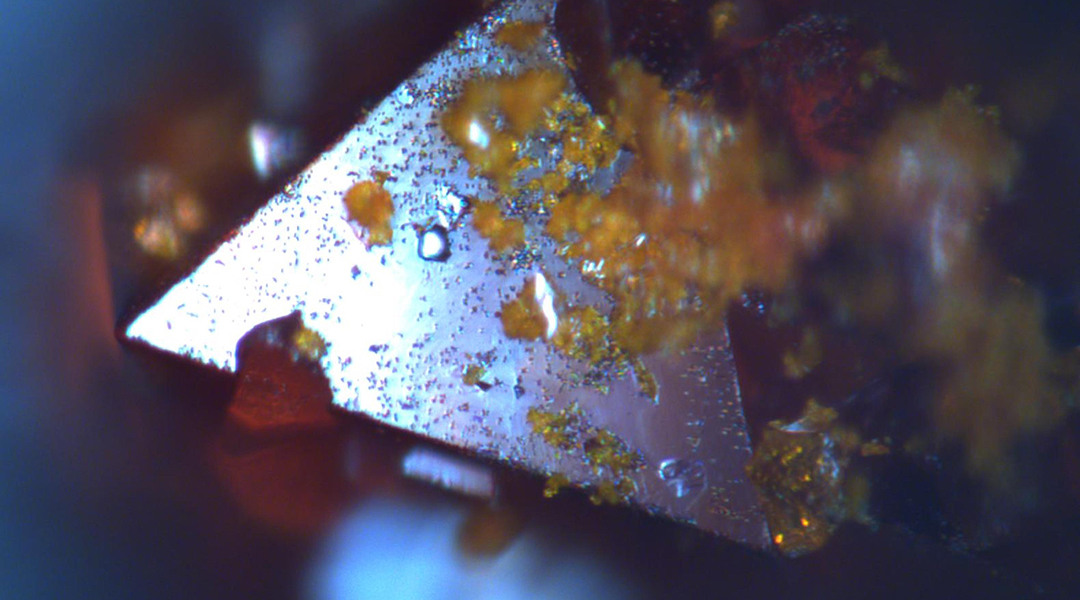

Study uncovers stability hurdles in a promising lead-free solar cell material, signaling potential for a cleaner energy future.
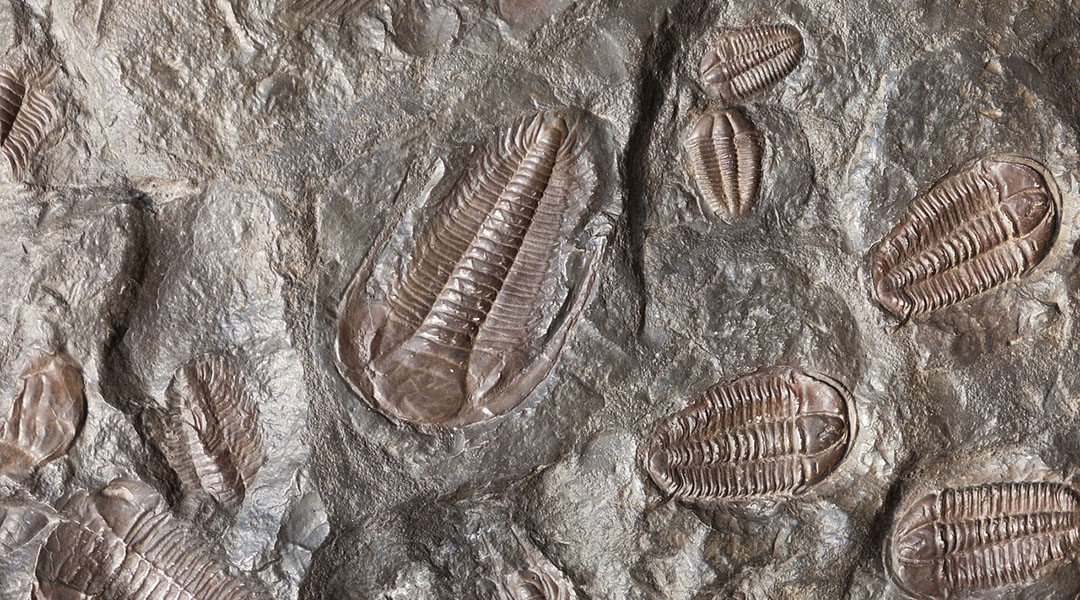
In this second article in a series on philosophy and science, we take a look at dialectics and its relevance to understanding change in the natural world.
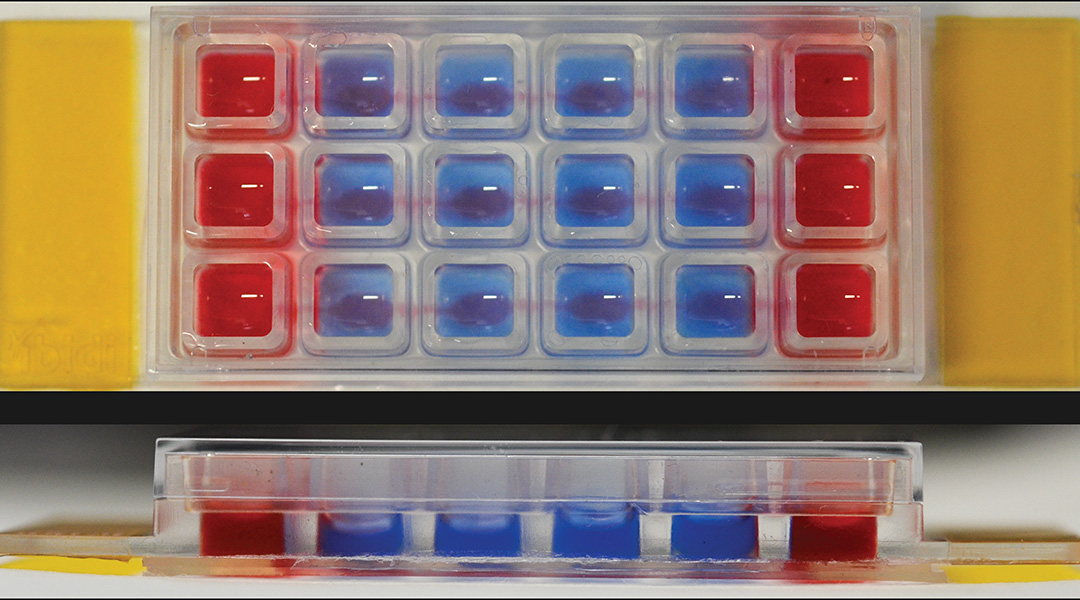
A microfluidic chip could help researchers uncover the unknown underlying mechanisms that cause inflammatory bowel disease.
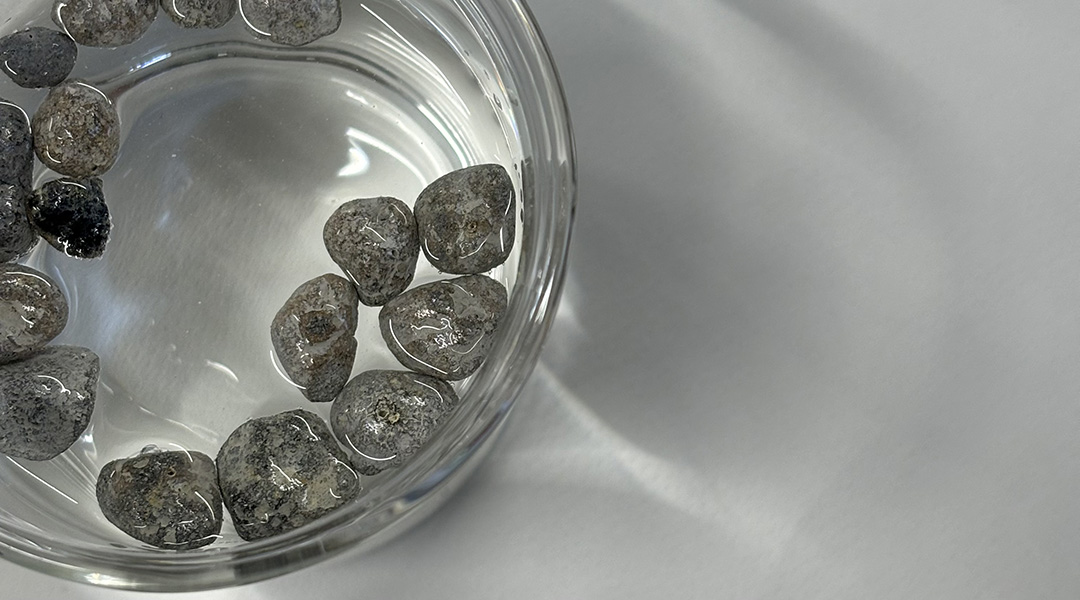
Sunlight-activated floating photocatalysts offer accessible water purification, vital for remote regions and developing communities.
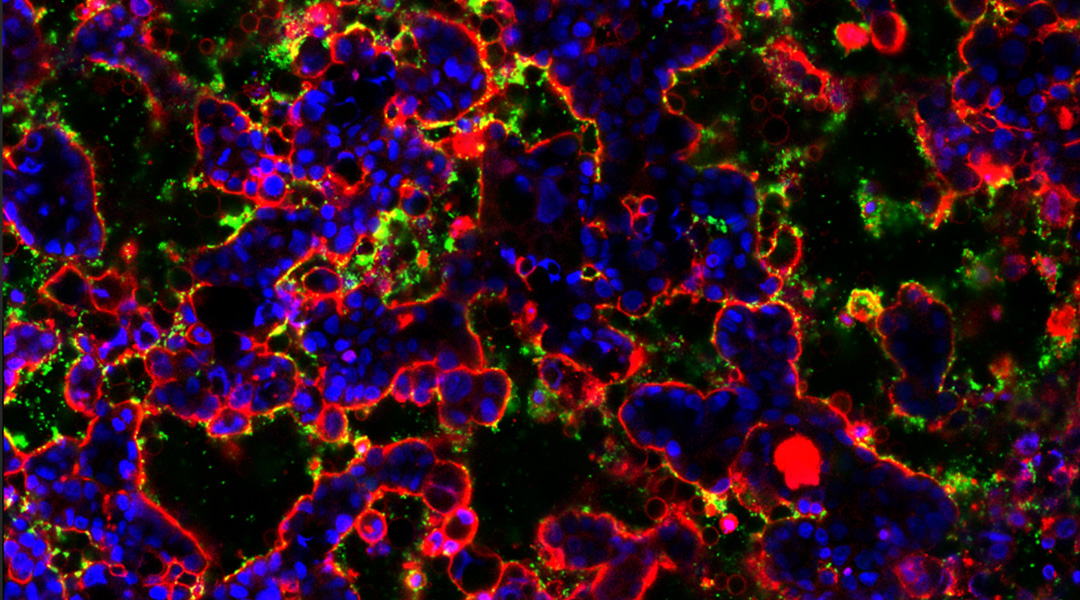
This artificial gut will allow scientists to gain deeper insights into the biome that exists there and how dysregulation can lead to disease.
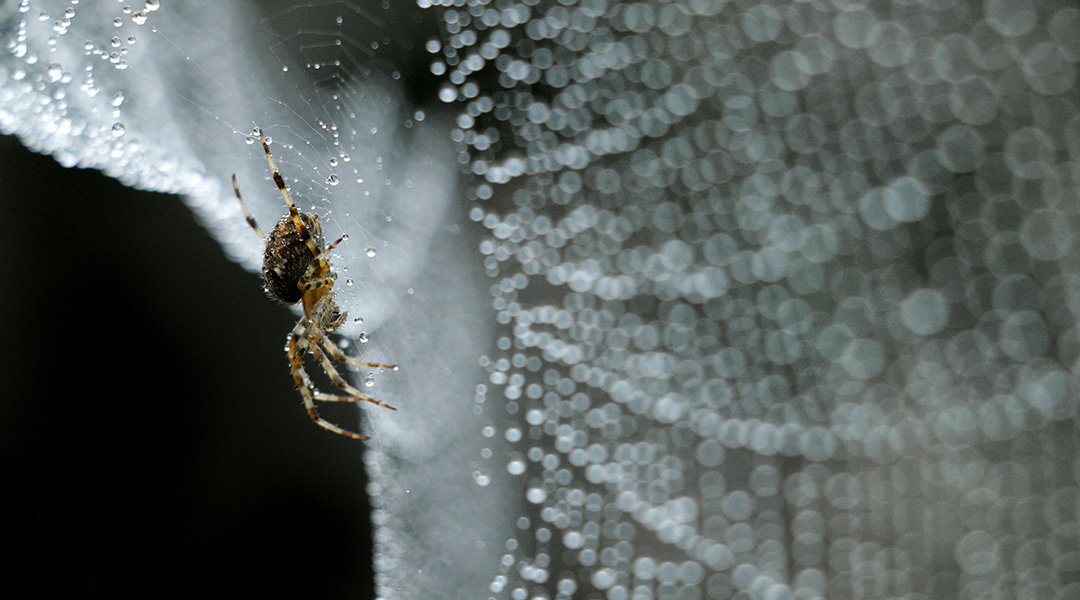
Plant cells outperform yeast or bacteria in producing spider silk proteins, enhancing production efficiency.
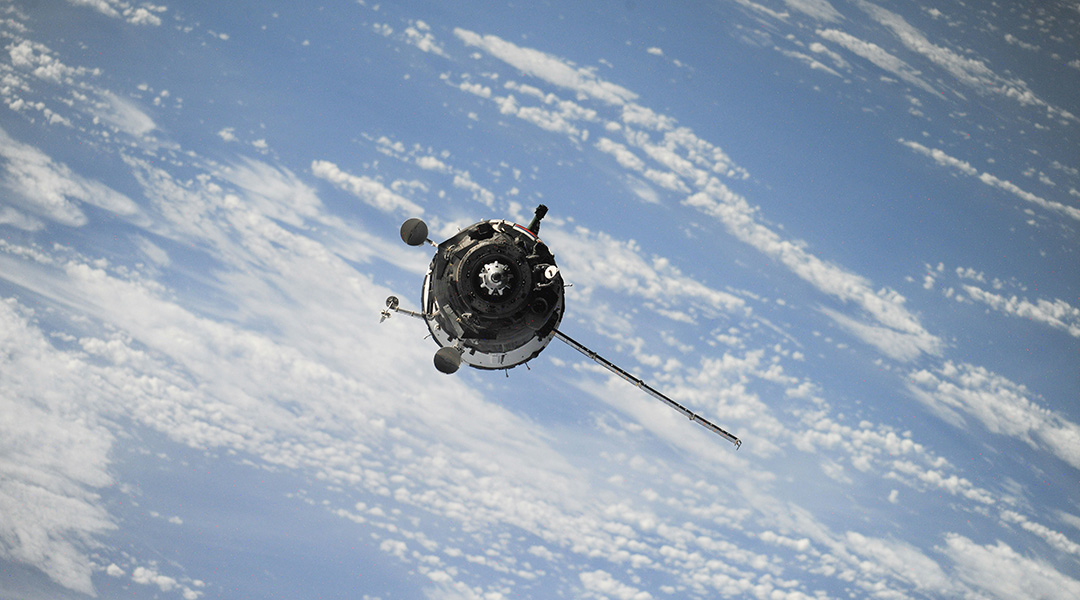
To develop medical treatments in space, scientists first need to understand how the body behaves in this foreign environment.
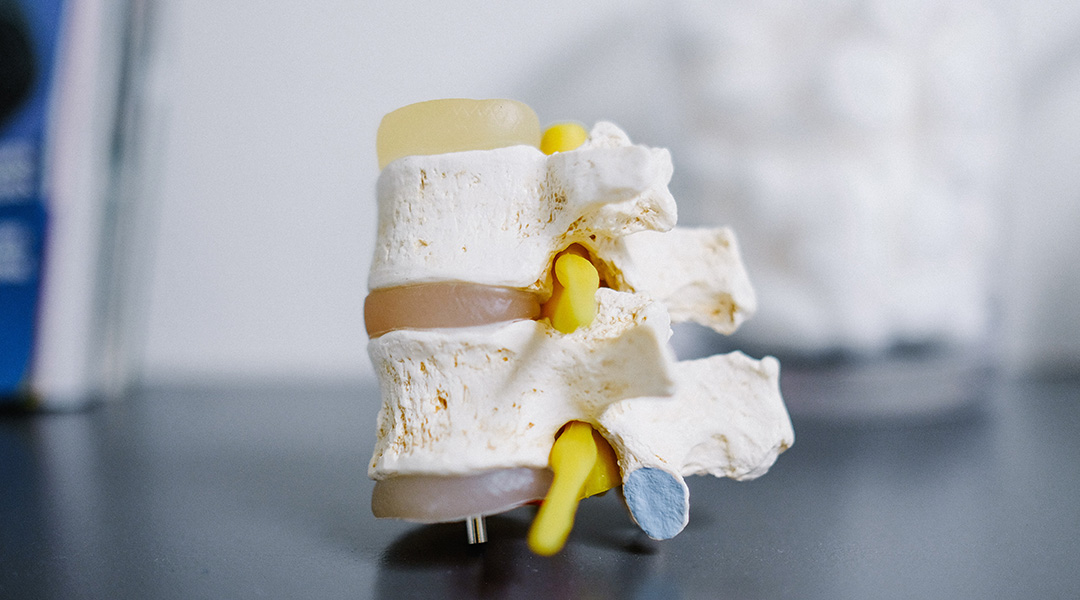
Scientists unravel how an inconspicuous peptide found in the spine may reverse disc degeneration to one day help treat chronic low-back pain.

Innovative cryopreservation technique revives adult corals, safeguarding their genetic material to seed future populations.
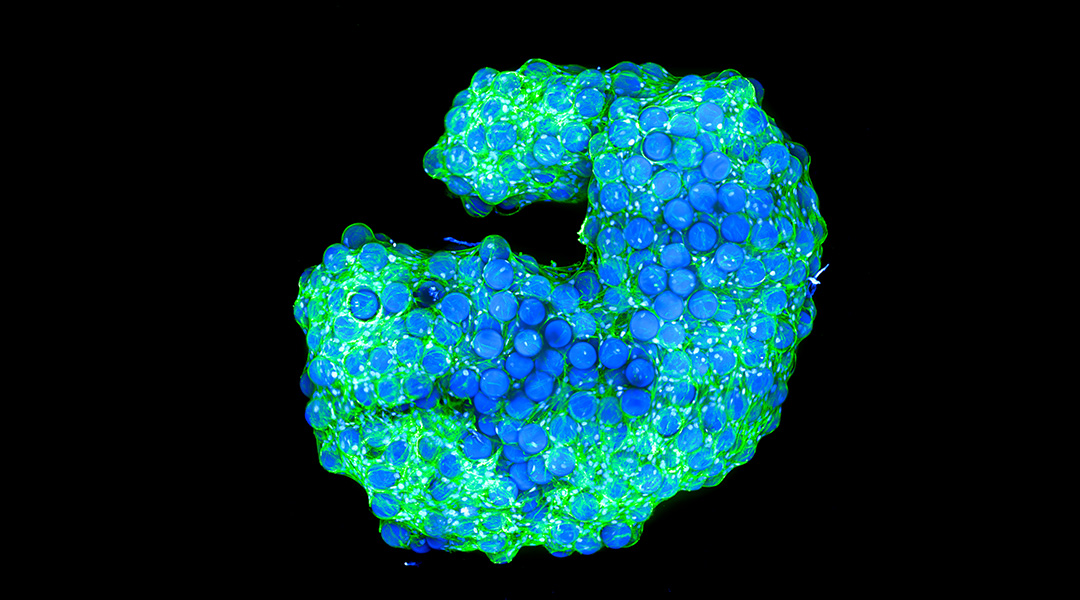
Scientists have created biological structures that when left alone, self-assemble into materials that resemble living tissue.